DAY ON THE HILL ADVOCACY: Education Choice Bills
| NCJW Texas’ Advocacy Teams have been preparing for this session since their September Leadership Retreat and were recently at a Texas Impact briefing specifically focused on our efforts. This week, we speak with NCJW Dallas Immediate Past President Elaine Bernstein about one of Gov. Greg Abbott’s stated highest priorities: school choice. |
| Elaine, what do we need to know about the current Legislature’s focus on school choice? Hasn’t this been legislation – often called ‘vouchers’- that they’ve tried to pass since 1995 always come up short? ELAINE: Yes, over 30 education choice bills have been introduced in this session, ranging from bills that give parents the right to know what their children are being taught to those creating ‘educational savings accounts’ which are – basically – vouchers. Those bills would give parents the right to take the amount of money that the state allocates for each public-school student and use it for one of three purposes: to home school their children, to send them to a private or religious school or to purchase educational equipment. What are our main concerns about these bills? ELAINE: We have many concerns. If this system is implemented, it will significantly reduce the total amount of funding available to the public school system, as well as the numbers of students in that school district for funding. The amount each child will receive is considerably less than the average price of a private or religious school tuition in Texas ($6160 vs. $10,120 in 2022). That means that most families will have to either add their own funds for private schools or will only be able to afford the lowest-costing private schools. While cost does not always correlate with quality, it’s worth noting that Texas private schools are not governed by Texas state educational requirements. For example, they don’t have to hire certified teachers. So, poorer families’ ‘choices’ may not be ideal if they exist at all. Private schools also don’t have to provide student achievement data to the state. Additionally, private schools can select the students they want. They can refuse to admit students with learning or any other disability or students who are behind grade level or economically disadvantaged. Disabled students would be harmed the most by this program, as federal programs for the disabled are not available to private schools. Do we have other significant concerns? ELAINE: Yes. The whole idea of Texas needing more ‘choices’ is a false one. Texas public school students already have a wide range of choices. They can choose between ISD schools and 723 Texas charters, which are considered public schools. Within the multiple school ISD systems, students can choose which school they want to attend and choose among magnet schools and specialized academies. Texas students and their families already have many choices! Thanks, Elaine! How can are readers help? ELAINE: Legislators are more receptive to visits from their constituents – whether they agree with their perspective or not – and the more constituents who voice our point of view, the better! Our members and supporters are spread across a wide array of districts. Everyone who joins these efforts will make a significant difference! |
